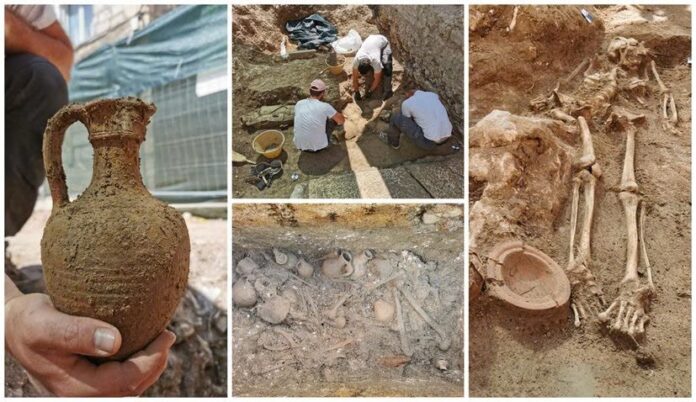Archaeological Breakthrough in Hvar
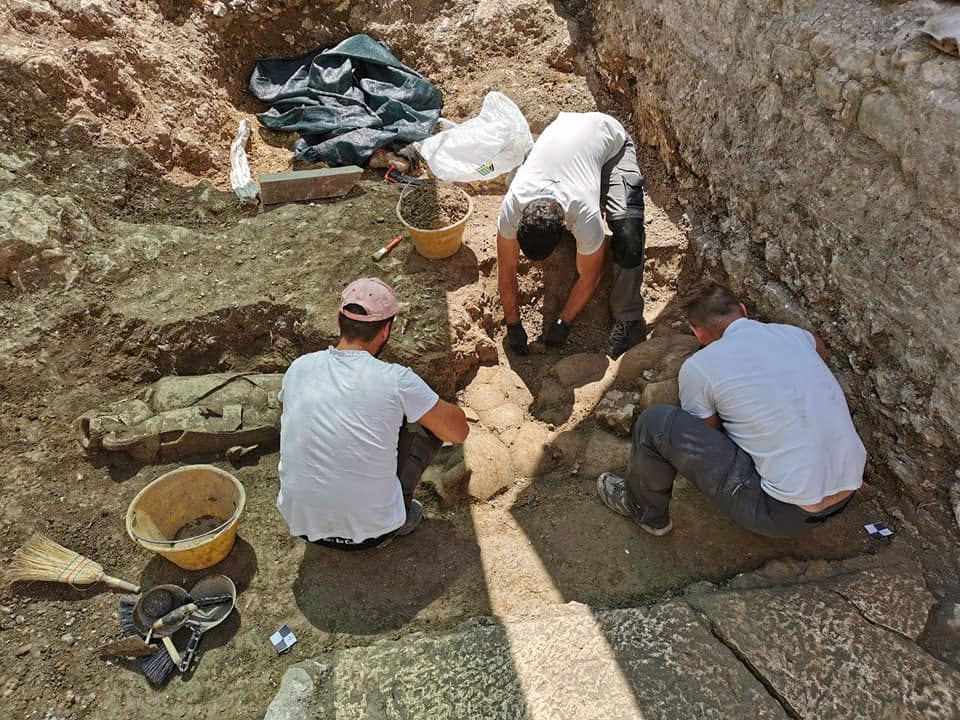
A recent archaeological investigation in the garden of the Radoevi Palace in Hvar, Croatia, has concluded after two months of intense work. This research, initiated due to the upcoming construction of the new Hvar City Library and Reading Room, has led to a remarkable discovery.
Unearthing a Late Antiquity Necropolis
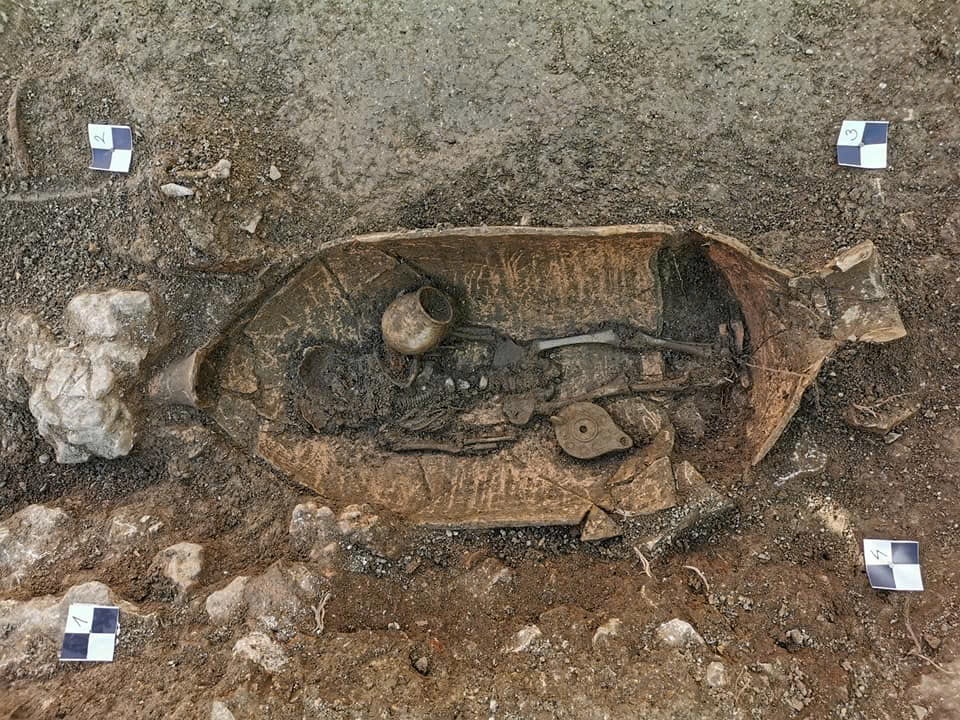
Preliminary findings reveal a necropolis dating from the late antiquity period, specifically from the second half of the 4th century to the early 5th century. The excavation uncovered not only 20 graves containing the osteological remains of 32 individuals but also the eastern branch of the ramparts of a late antique settlement, complete with a city gate from the end of the 5th century.
Insights into Burial Practices and Trade
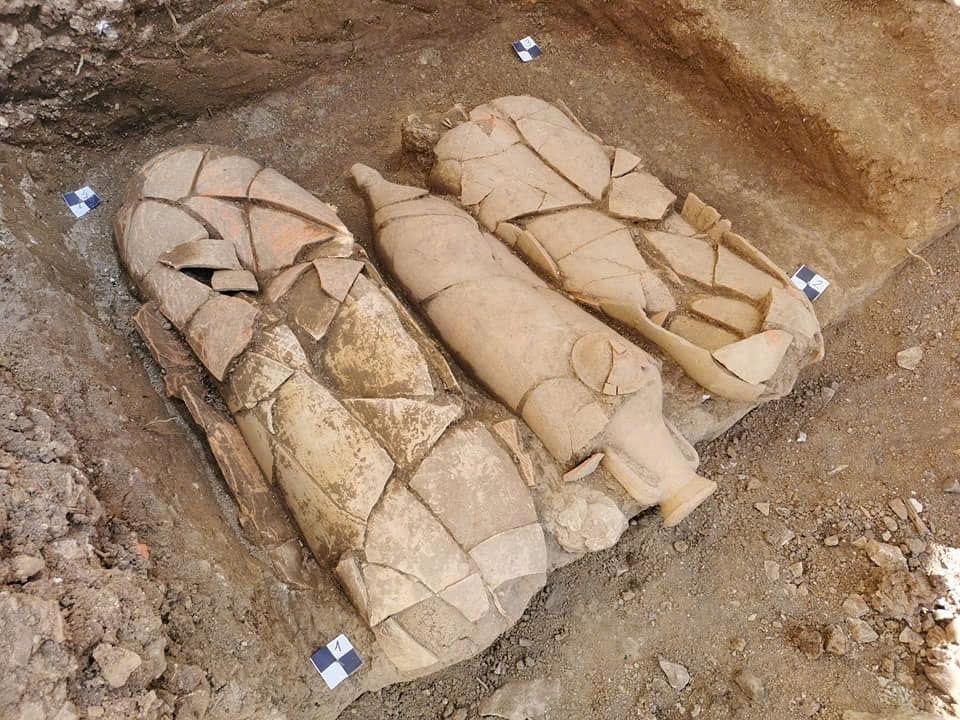
The types of tombs discovered include simple earthenware graves, amphorae tombs, and structures made of roof tiles. Notably, one masonry tomb contained 12 skeletons. The exceptional preservation of the necropolis is highlighted by the valuable grave goods found, which included ceramic jugs, lamps, glass vessels, coins, and other small artifacts.
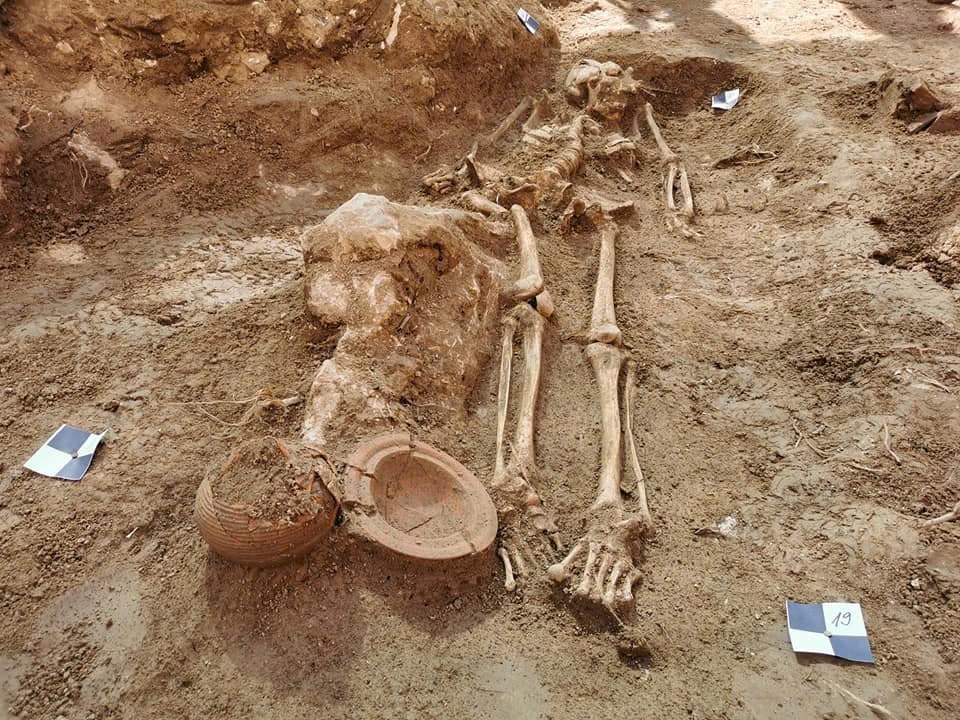
Preliminary analyses suggest new insights into local and regional late antique ceramic production, as well as trade links documented through imports, some of which were previously unrecorded in the Adriatic region.
Significance of the Findings
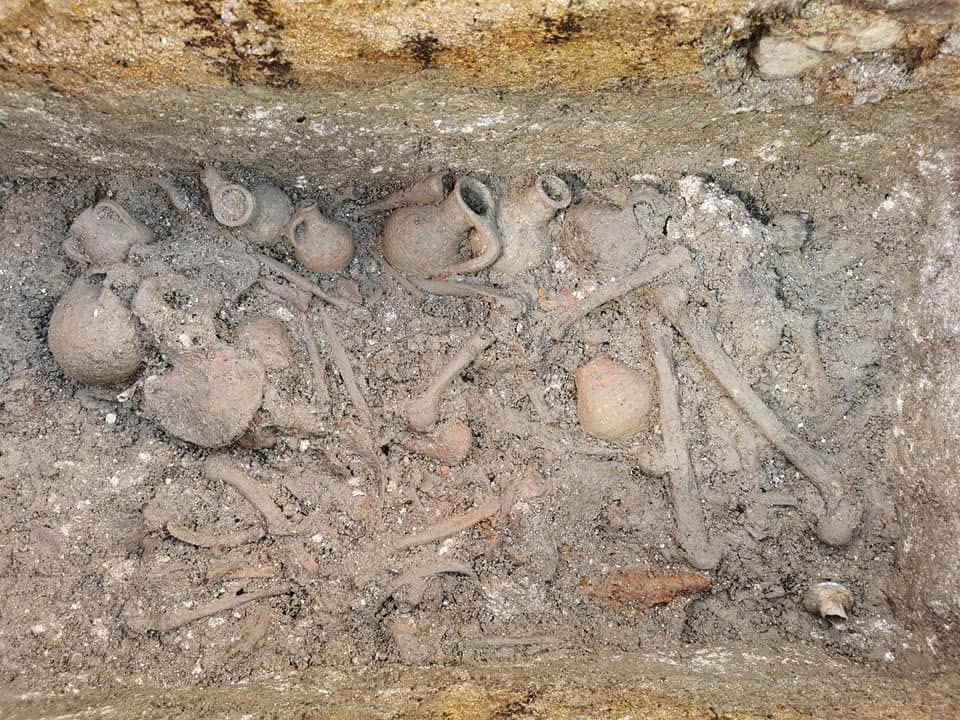
Among the discoveries, an older ancient wall was found in the deepest layers, tentatively dated to the 2nd century, based on African sigillate pottery. This site stands out as the most significant and richest evidence of late antique life in Hvar, offering a vivid portrayal of burial customs and enhancing our understanding of urban development in the region.
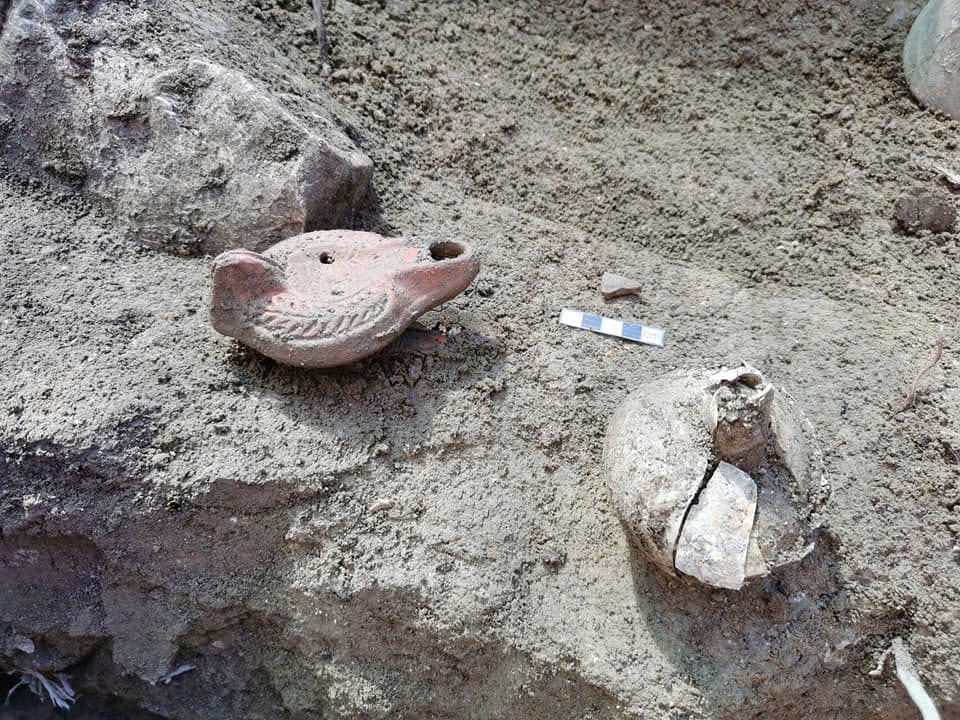
The expert team behind this groundbreaking work included Eduard Viskovic, Joško Barbarić, Marko Bibić, and Jure Tudor, with scientific support from Dr. Marina Ugarković and Ph.D. Josip Baraka Perica. This discovery not only sheds light on the past but also enriches our understanding of Hvar’s historical significance.
